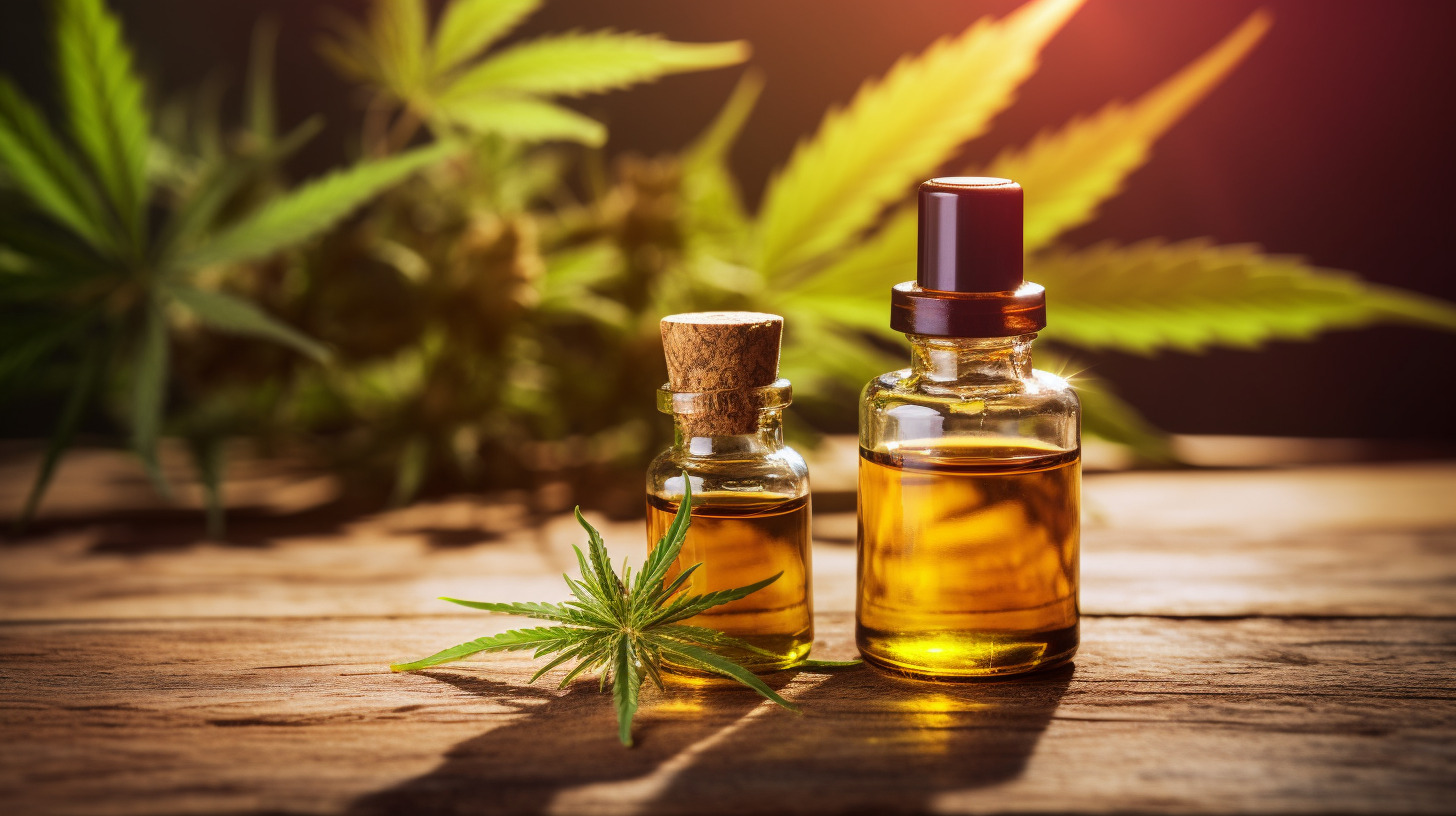
What Is CBG Oil?
If you’re looking for a comprehensive, natural solution to tackle inflammation and its debilitating effects, you’re in the right place. Welcome to the new era
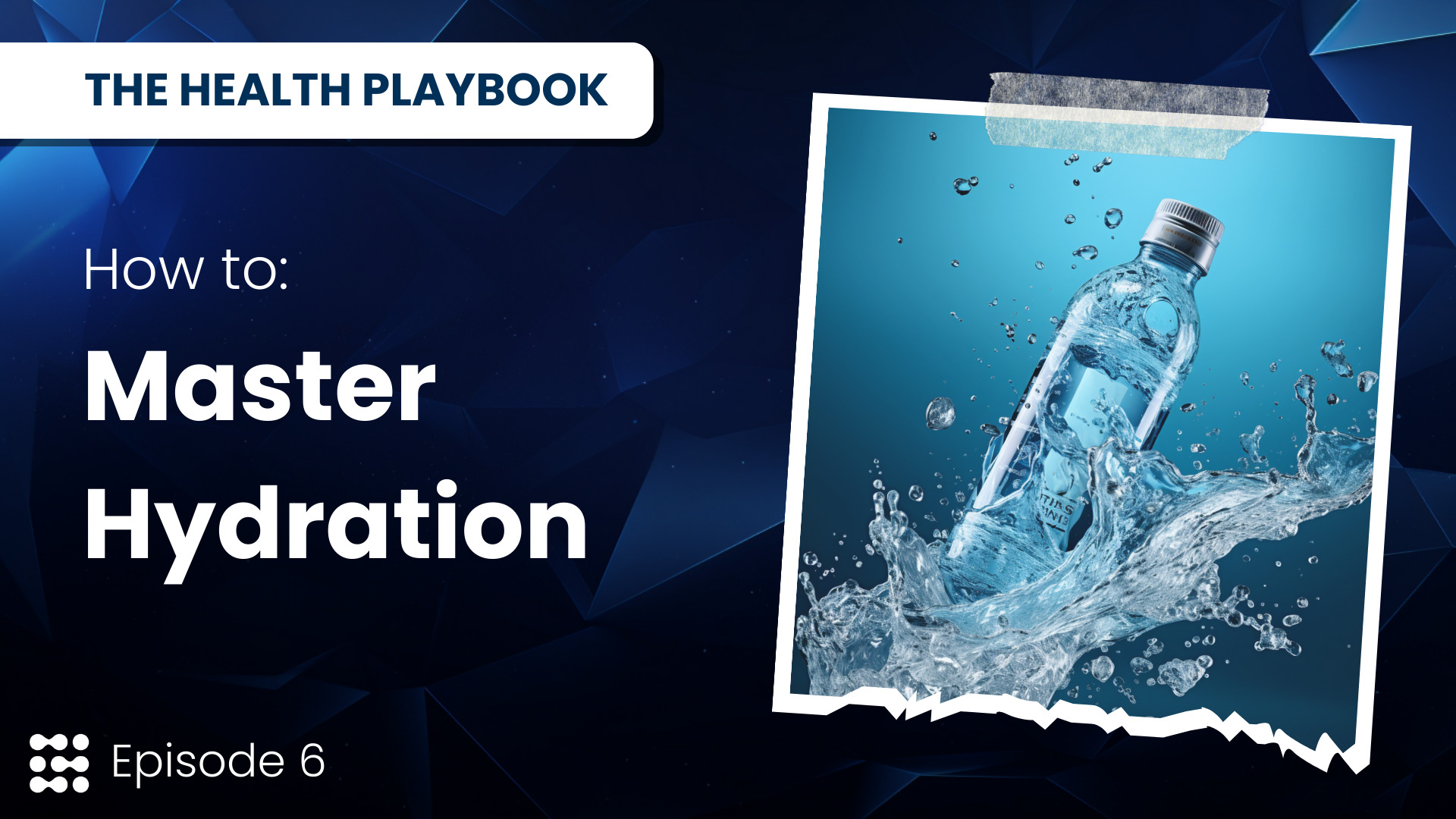
Hydration is a fundamental aspect of our health, yet it is often misunderstood or overlooked.
In the Health Playbook Podcast, host Jake dives deep into the intricacies of hydration, debunking common myths and offering practical advice.
This blog post distills the key points from the podcast, providing a comprehensive guide to mastering hydration in your daily life.
Hydration is more than just drinking water; it’s about ensuring our bodies balance fluids and electrolytes.
Jake emphasizes that understanding the difference between merely consuming water and achieving proper hydration is key.
Electrolytes play a vital role in this process, and their importance cannot be overstated.
The quality of water we consume significantly impacts our hydration levels.
Jake delves into different water types and their hydration effectiveness.
Jake advocates for choosing water sources wisely, emphasizing that the natural electrolytes in spring water make it superior for hydration purposes compared to purified water.
Throughout the podcast, Jake tackles several myths surrounding hydration, offering scientific insights and practical advice.
Jake’s discussion on these myths helps clarify misconceptions and encourages a more informed approach to hydration.
Determining the right amount of water to consume daily is crucial for optimal hydration. Jake provides a guideline to help listeners gauge their water intake.
In concluding this section, Jake reiterates the importance of listening to your body and adjusting water intake accordingly.
He stresses that while overhydration is rare, staying properly hydrated is crucial for overall health.
In wrapping up the podcast, Jake reemphasizes the importance of hydration in our daily lives.
He encourages listeners to be mindful of their water intake and the quality of water they consume.
Understanding the role of electrolytes, debunking common myths, and recognizing the signs of proper hydration are key steps toward mastering this essential aspect of health.
These statements have not been evaluated by the Food and Drug Administration. These products/services are not intended to diagnose, treat, cure, or prevent any disease.

If you’re looking for a comprehensive, natural solution to tackle inflammation and its debilitating effects, you’re in the right place. Welcome to the new era
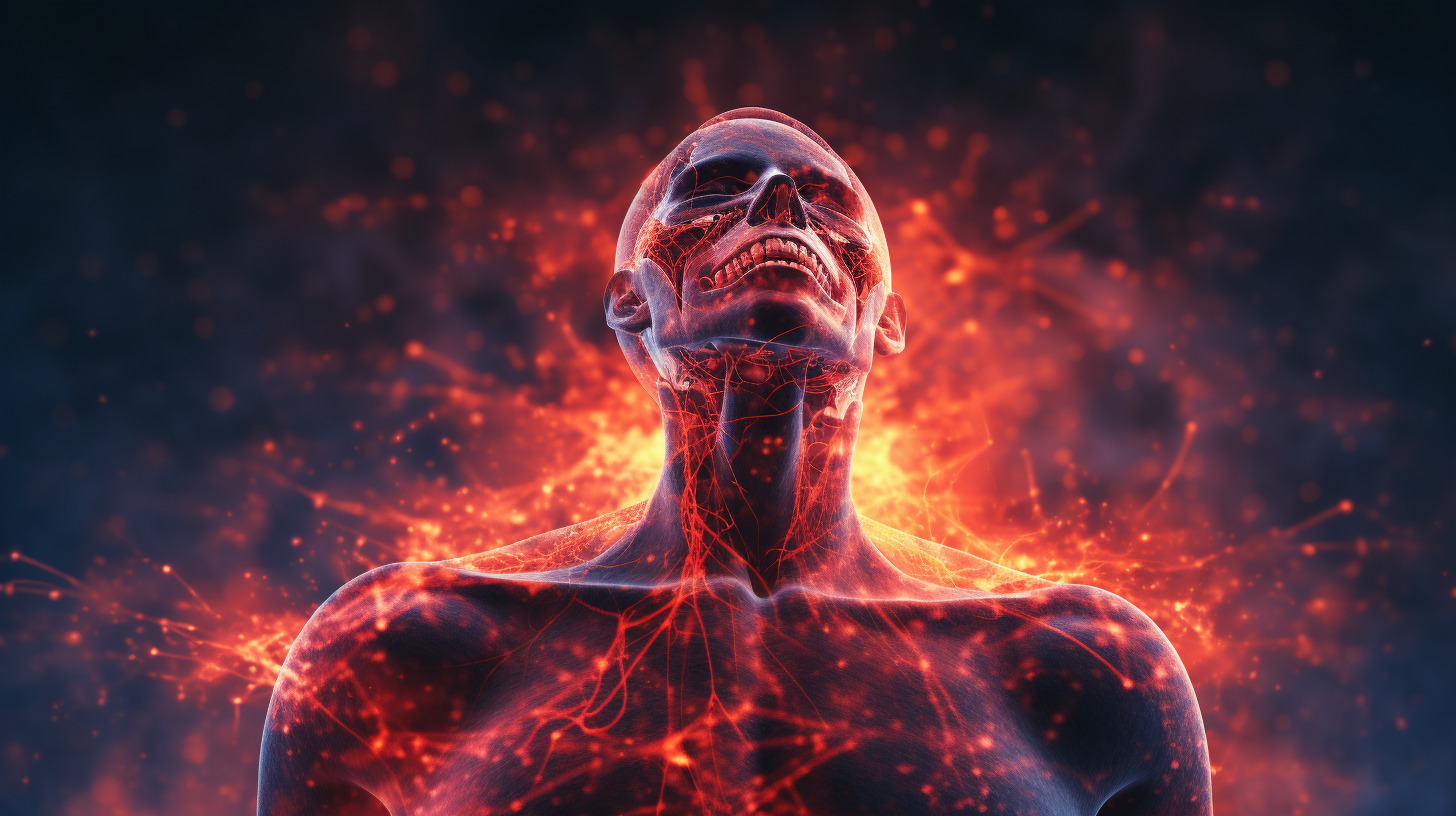
The Invisible Enemy Within You wake up feeling groggy, your joints ache, and that old neck pain seems to have returned. No, it’s not just
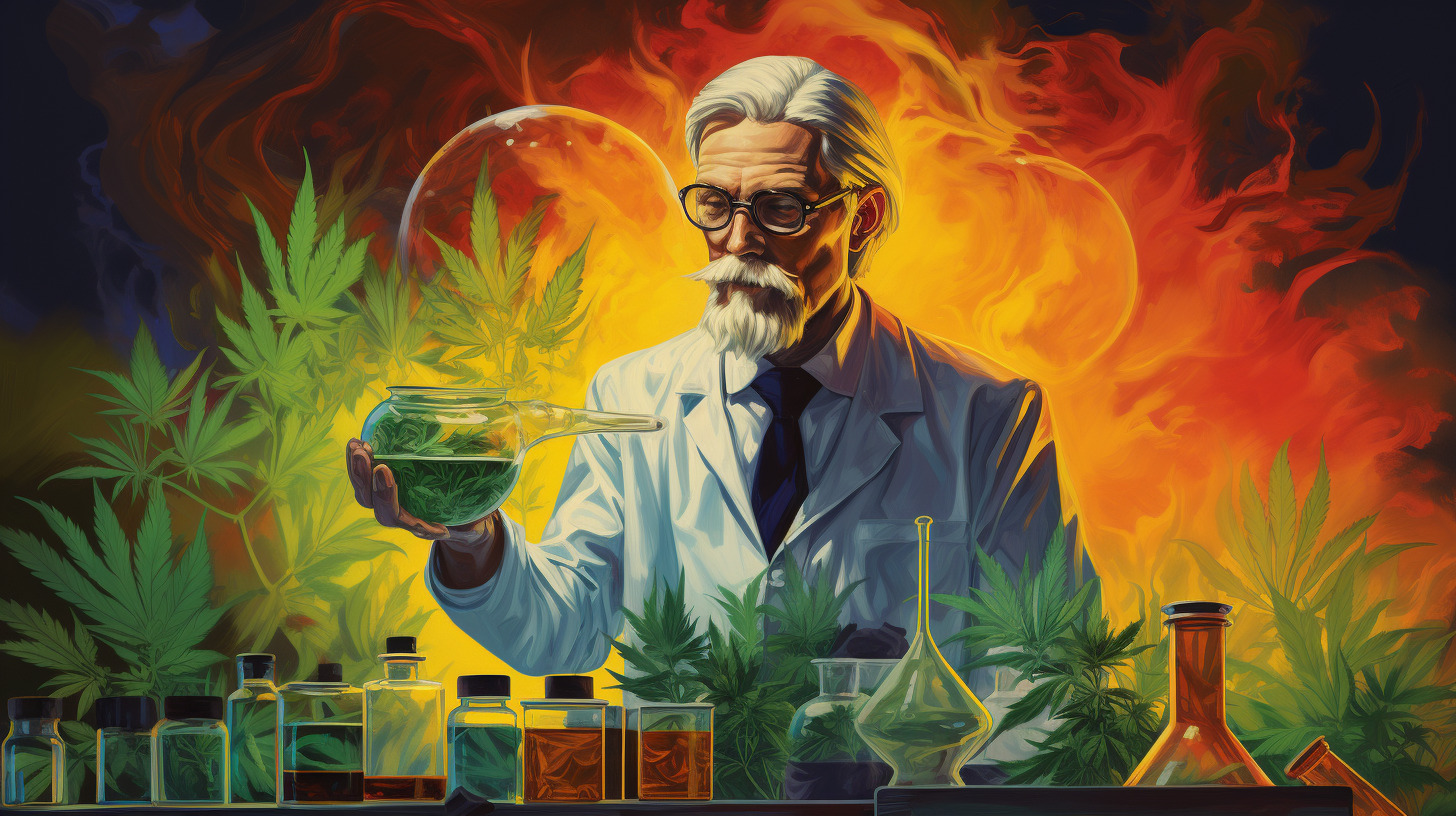
CBG oil has been creating waves in the health and wellness industry, and for good reasons. But with any health trend, it’s crucial to separate
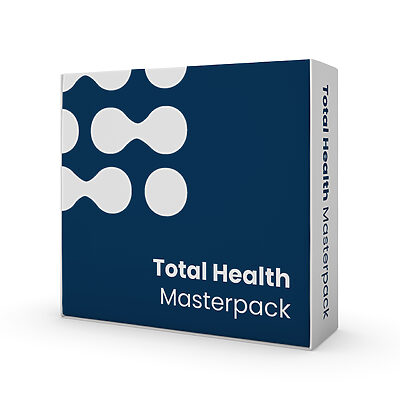
In stock | Free shipping
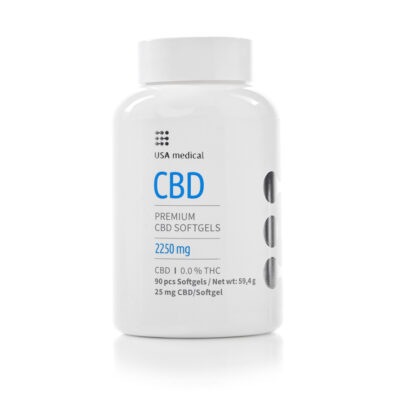
In stock | Free shipping
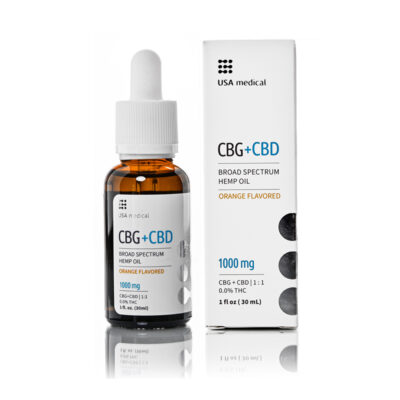
In stock | Free shipping
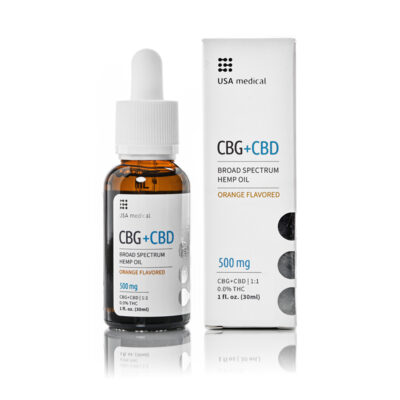
In stock | Free shipping
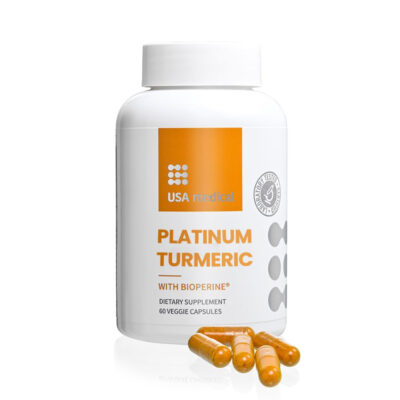
In stock | Free shipping
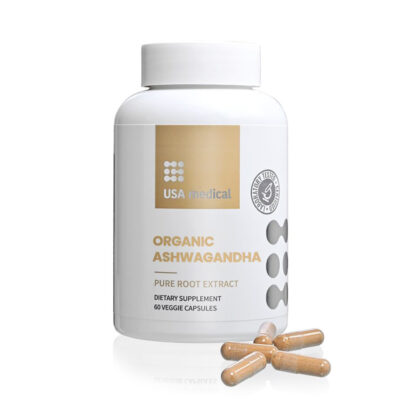
In stock | Free shipping
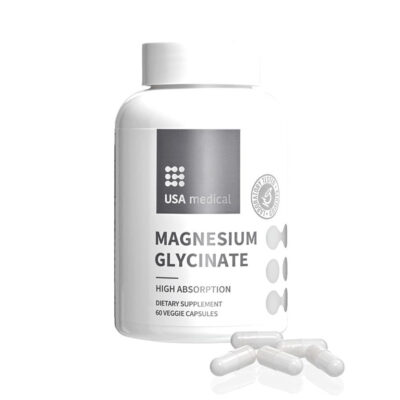
In stock | Free shipping
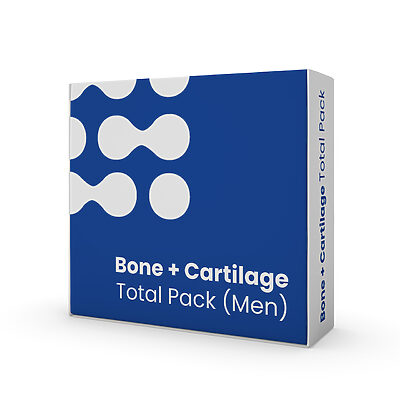
In stock | Free shipping
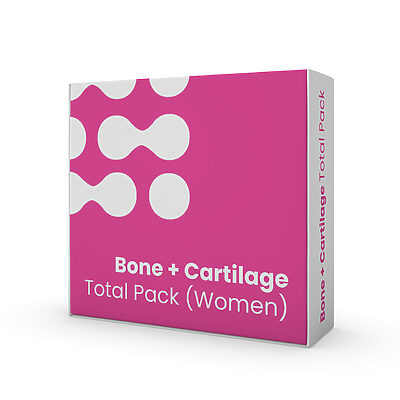
In stock | Free shipping
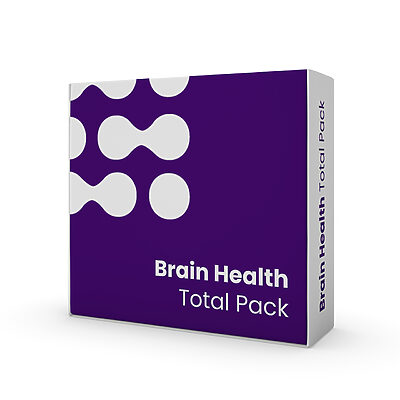
In stock | Free shipping

In stock | Free shipping

In stock | Free shipping
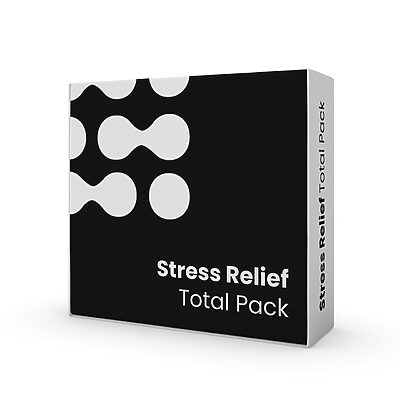
In stock | Free shipping

In stock | Free shipping
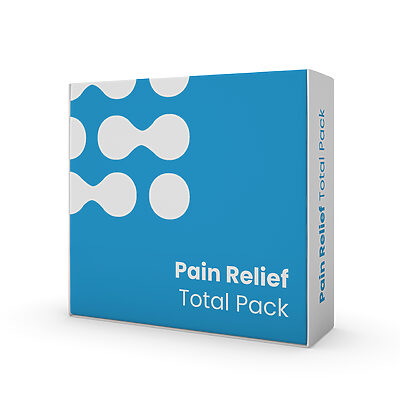
In stock | Free shipping